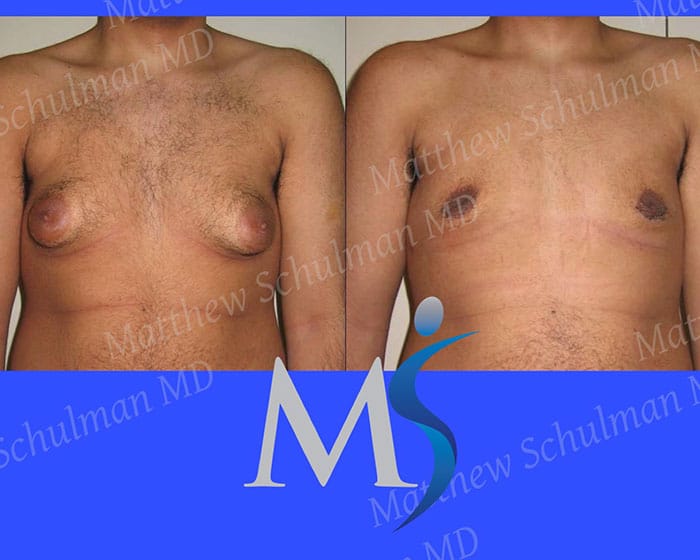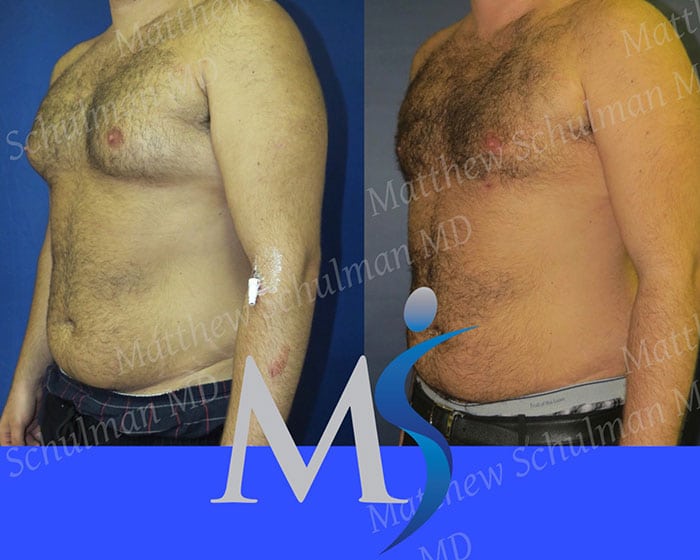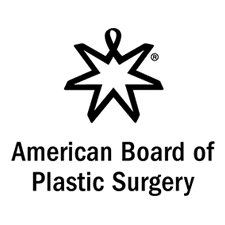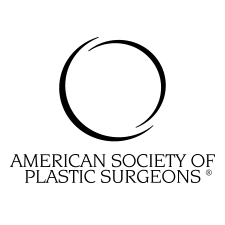Male Chest Reduction Surgery Candidate
Wondering if you’re a good candidate for male breast reduction procedure?
Good candidates for male chest reduction patients are healthy adult males who exhibit the symptoms of Gynecomastia and are unhappy with their appearance because of it. Candidates should be in good general health, within the normal weight limits for their height and age, and have realistic expectations for the surgery results.
Additionally, good candidates for Gyno surgery are willing to follow all pre-and post-operative care instructions for optimal results. They should also be non-smokers or willing to quit smoking weeks before the surgery to ensure their health and safety aren’t compromised during the healing process.
We encourage all men in NYC experiencing Gynecomastia to schedule a consultation with Dr. Schulman to determine their candidacy for the surgery.
The Gynecomastia Surgery Procedure
Gynecomastia is considered a very safe surgical procedure when performed by a board-certified plastic surgeon with the training, skills, and experience, such as Dr. Schulman. Of course, as with any surgery, there are risks, which Dr. Schulman will discuss with you during your initial consultation.
The outpatient procedure is essentially painless as local and general anesthesia are administered beforehand. Depending on the circumstances of your condition, Dr. Schulman will either opt for the liposuction technique, surgical excision technique, or a combination of both to correct your Gynecomastia. This will also be discussed during your consultation after Dr. Schulman thoroughly evaluates your breast area and determines the best course of treatment for the correction.
You can expect the procedure to take two to four hours, after which you can return home. However, since the procedure involves anesthesia, you will have to arrange for transportation home as you won’t be permitted to drive.



















